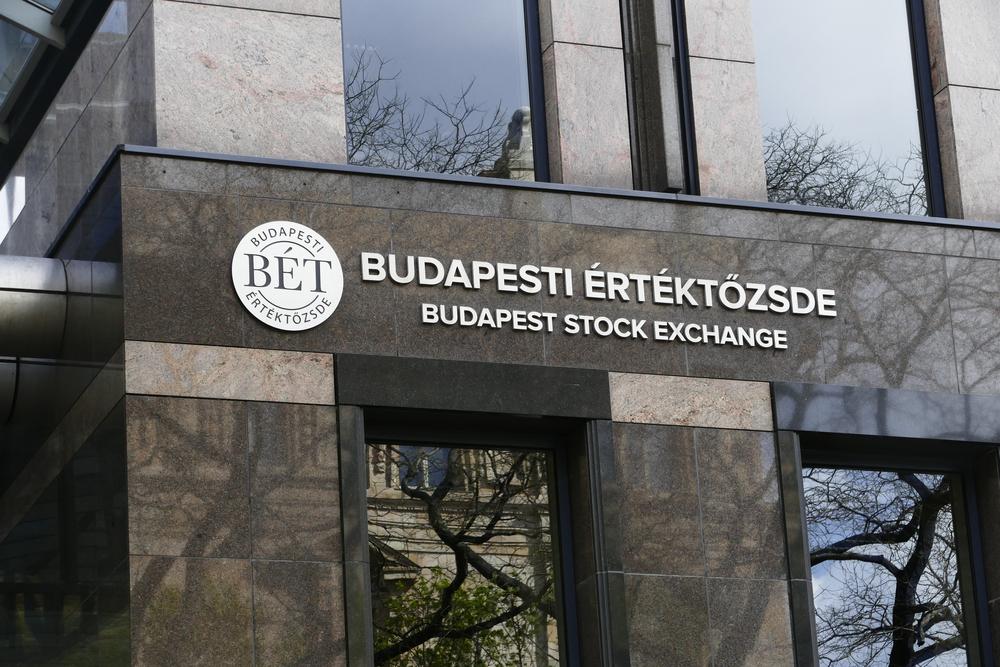A report from Germany’s financial press highlights Hungary’s remarkable resilience in the face of EU sanctions, which have left over €15 billion in funds frozen to a country highly reliant on EU largesse. Notably, Hungary’s stock market has continued to outperform and “adapt” in light of these sanctions, highlighting the country’s efforts to pivot away from Brussels money to survive.
The report from German financial newspaper FAZ notes that the economy is suffering, with the paper assigning blame to state intervention from the “right-wing populist government” of Viktor Orbán, as well as the withholding of significant subsidies from the EU. Nevertheless, Hungary’s markets have continued to grow since the start of the Russian invasion of neighboring Ukraine. Since the beginning of the war, the leading index BUX has risen by 47 percent, significantly more than other stock market barometers in the region.
The Budapest exchange features four flagship companies that dominate its market cap, including the leading bank OTP, the petrochemical specialist MOL, the pharmaceutical pearl Richter, and the telecommunications service provider Magyar Telekom. While these companies are performing well on the market, Hungary is also one of the largest recipients of EU funds in the Union, and since the EU has frozen approximately €15 billion in funds to Hungary and threatened hundreds of millions in fines, the Hungarian stock market should be taking a serious hit.
Notably, the country was just hit with a €200 million fine for protecting its borders, with an additional fine of €1 million a day if it continues to block asylum seekers.
However, Hungary’s funds have already been withheld for two years because the EU claims Hungary has not taken sufficient action against infringements. FAZ writes that “this suggests that market players have become accustomed to Hungary’s position.”
Fritz Mostböck, chief analyst at Erste Group, says this is because both the trade balance and the current account balance improved last year “much faster than expected.” In turn, Hungary has managed to significantly reduce its direct dependence on EU funding.
At the same time, Hungary is turning east, with countries like China pumping money into the country, which is certainly a factor in why Hungary is able to pivot away from its dependence on the EU.
Just in 2022, Hungary was looking like it was on the ropes, with soaring energy prices completely derailing the foreign trade balance.
“Nevertheless, we believe that the EU funds have maintained their critical role when we talk about the medium-term prospects of the economy, the catch-up process, and the tasks related to the green transition,” says Stephan Csaba Imre, analyst at Raiffeisenbank International (RBI). He also considers a certain “EU bickering premium” to be priced into Hungarian assets. “Our base scenario has always been in line with the major rating agencies that Hungary will gradually receive the EU funds, even if this is a lengthy process.”
Moody’s assumes that Hungary will eventually receive the bulk of EU funds in a gradual process so that the impact of the delayed flow of EU funds on economic growth and public finances will be limited. Meanwhile, the downside risks from exposure to the Russian energy sector have decreased compared to the previous two years.
Nevertheless, Hungary’s dependence on Russian gas will remain high in the coming years, as Hungary has relatively close relations with Russia and receives most of its gas via the TurkStream gas pipeline.






